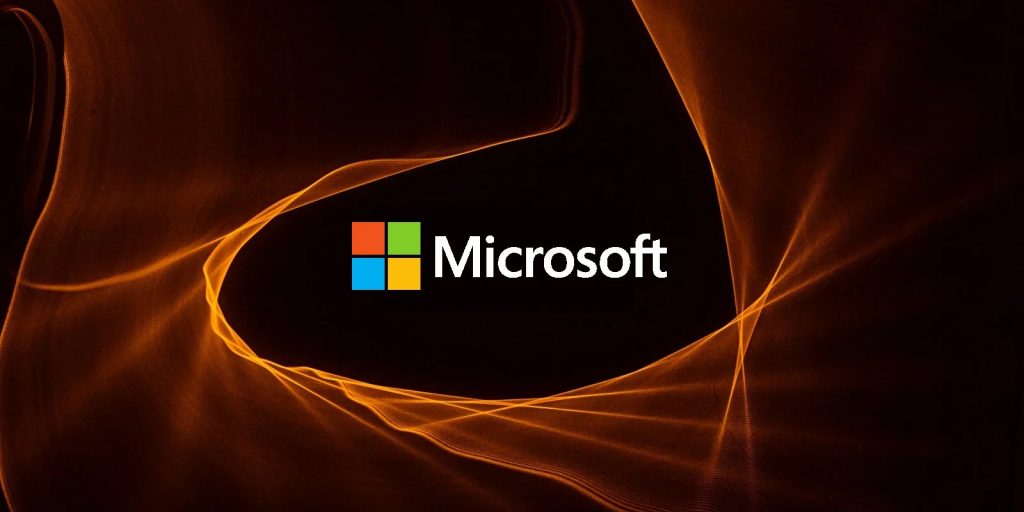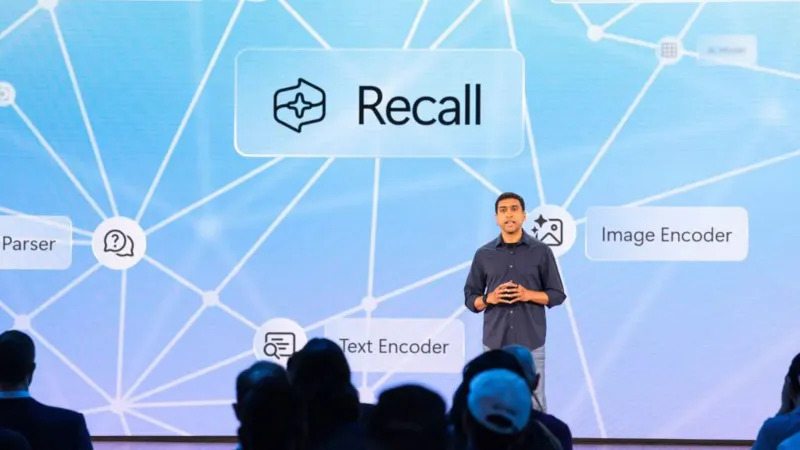Microsoft is set to relaunch its controversial AI-powered screenshot tool, Recall, in November 2024 after addressing privacy concerns that arose during its initial unveiling in May of the same year. The tool, which was designed to take regular screenshots of users’ activity, faced significant backlash when it was first announced, with critics labeling it a potential “privacy nightmare.”
In response to the criticism, Microsoft postponed the release of Recall and has now announced several changes to address the privacy issues. The tech giant claims it has “listened to feedback” and made substantial modifications to the tool before its planned relaunch.

One of the most significant changes is that Recall will now be an opt-in feature, as opposed to the original version which was turned on by default. This shift gives users more control over whether they want to use the tool and allows them to make an informed decision about their data privacy.
The controversy surrounding Recall prompted the Information Commissioner’s Office (ICO), the UK’s data protection watchdog, to “make enquiries” with Microsoft about the tool. The ICO has since been informed of a “series of changes” made to the product and stated that it will “continue to assess Recall as Microsoft moves toward launch.”
When initially announced at Microsoft’s developer conference in May, the company described Recall as using AI “to make it possible to access virtually anything you have ever seen on your PC.” The tool was likened to having a photographic memory, capable of searching through a user’s past activity, including files, photos, emails, and browsing history. It worked by taking desktop screenshots every few seconds, allowing users to search through their past activity easily.
However, the vast amount of sensitive data the system would potentially collect raised immediate concerns among privacy advocates and cybersecurity experts. The tool was never made publicly available due to these concerns.

Microsoft has now announced that Recall will be integrated into its new CoPilot+ computers, which the company bills as the fastest and most intelligent Windows PCs ever built. These bespoke laptops feature powerful inbuilt AI chips, making them uniquely suited to run the Recall tool.
Pavan Davuluri, Microsoft’s corporate vice president of Windows and devices, emphasized the new privacy measures, stating, “Recall is an opt-in experience. Snapshots and any associated information are always encrypted.” He added that “Windows offers tools to help you control your privacy and customise what gets saved for you to find later.”
Additional security measures have been implemented to protect user data. Screenshots can only be accessed with a biometric login, adding an extra layer of security. Moreover, sensitive information such as credit card details will not be captured by default, addressing one of the primary concerns raised by critics.
However, it’s worth noting that according to a technical blog about Recall, “diagnostic data” from the tool may be shared with Microsoft depending on individual privacy settings. This caveat suggests that users should still be mindful of their privacy configurations when using the tool.
Professor Alan Woodward, a cybersecurity expert at Surrey University, commented on the new measures, stating they represent a significant improvement. He emphasized the importance of comprehensive testing, saying, “Before any functionality like Recall is deployed the security and privacy aspects will need to be comprehensively tested.”
Despite the improvements, Woodward expressed caution about immediately adopting the tool. “Personally I would not opt-in until this has been tested in the wild for some time,” he said, highlighting the importance of real-world testing for such privacy-sensitive technologies.
The controversy and subsequent changes to Recall underscore the ongoing tensions between technological innovation and privacy concerns in the AI era. As companies like Microsoft push the boundaries of what’s possible with AI and data analysis, they must navigate complex issues of user privacy and data protection.
The Recall tool, with its ability to create an “online photographic memory” of a user’s PC activity, represents a powerful new capability. However, it also raises questions about the extent to which users are comfortable with their digital lives being comprehensively recorded and analyzed, even if it’s for their own benefit.
Microsoft’s decision to make Recall an opt-in feature and to implement stronger encryption and security measures demonstrates a recognition of these concerns. It also reflects a broader trend in the tech industry towards giving users more control over their data and how it’s used.
As AI continues to advance and become more integrated into our daily computing experiences, the balance between functionality and privacy will likely remain a key issue. The evolution of the Recall tool from its initial conception to its upcoming relaunch serves as a case study in how tech companies are learning to navigate these complex waters.

The ultimate success of Recall will depend not only on its technical capabilities but also on how well Microsoft can assure users that their privacy is being respected and protected. As the November launch approaches, all eyes will be on Microsoft to see if they’ve struck the right balance between innovation and privacy in this new era of AI-powered computing.
Copyright©dhaka.ai
tags: Artificial Intelligence, Ai, Dhaka Ai, Ai In Bangladesh, Ai In Dhaka, Future of AI, Artificial Intelligence in Bangladesh, Microsoft



